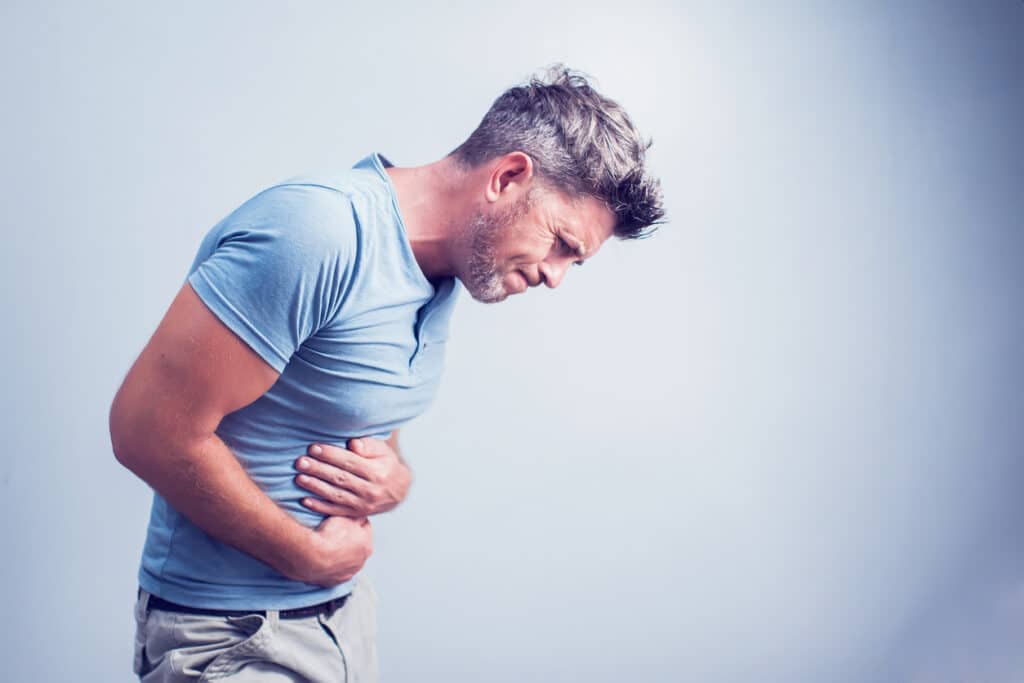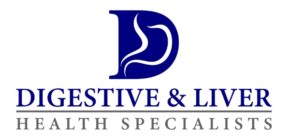diverticular disease and digestive health
Diverticular disease refers to a condition in which small pouches, known as diverticula, form within the colon. When these pouches become inflamed or infected it's known as diverticulitis. Pouches without any inflammation or infection are known as diverticulosis.

Causes and Risk Factors of Diverticular Disease: It remains uncertain the precise source of diverticular disease; however, various factors could play a part in its onset, such as:
- Low Fiber Diet: Diets low in fiber may contribute to diverticular disease by leading to harder stools that make waste movement difficult for your colon. Without sufficient fiber intake, waste removal becomes more challenging and could ultimately contribute to diverticular disease.
- Aging: Diverticular disease becomes increasingly prevalent as people age, possibly due to weakening of the colon wall over time. Lack of Physical Activity: An inactive lifestyle can contribute to digestive disorders such as diverticular disease. Engaging in regular physical activity helps promote healthier bowel movements.
Common Symptoms and Complications of Diverticulosis and Diverticulitis
- Abdominal Pain: Persistent abdominal discomfort may arise on the left side, from mild to severe levels.
- Changes to Bowel Habits: Diverticulitis may lead to changes in bowel habits, including diarrhea or constipation.
- Fever and Chills: Individuals suffering from diverticulitis may experience fever and chills as an indicator of infection.
- Nausea and Vomiting: People suffering from diverticulitis may experience nausea and vomiting.
- Complications of Diverticulitis: Some potential complications of diverticulitis may include abscesses, intestinal blockages, perforations of the colon wall or fistula formation (abnormal connections between organs).
Diverticular Disease Management:
- Increase Your Fiber Intake: Increase your fiber intake by eating fruits, vegetables, whole grains and legumes such as lentils. Fiber helps promote regular bowel movements and can prevent constipation.
- Hydration: Stay hydrated by drinking enough water daily to promote soft stools and promote smooth bowel movements.
- Engaging in regular physical activity such as walking, swimming or cycling to promote digestive health and maintain a healthy weight is vital in order to promote overall wellbeing and weight maintenance.
- Medication: Your gastroenterologist may suggest medication such as antibiotics or pain relievers in order to manage diverticulitis symptoms.
Conclusion
Diverticular disease is a common colon condition, but with proper management strategies, complications can be reduced significantly. By adopting a high-fiber diet, staying hydrated, engaging in regular physical activity, and seeking medical advice when necessary, you can reduce its negative impact.

